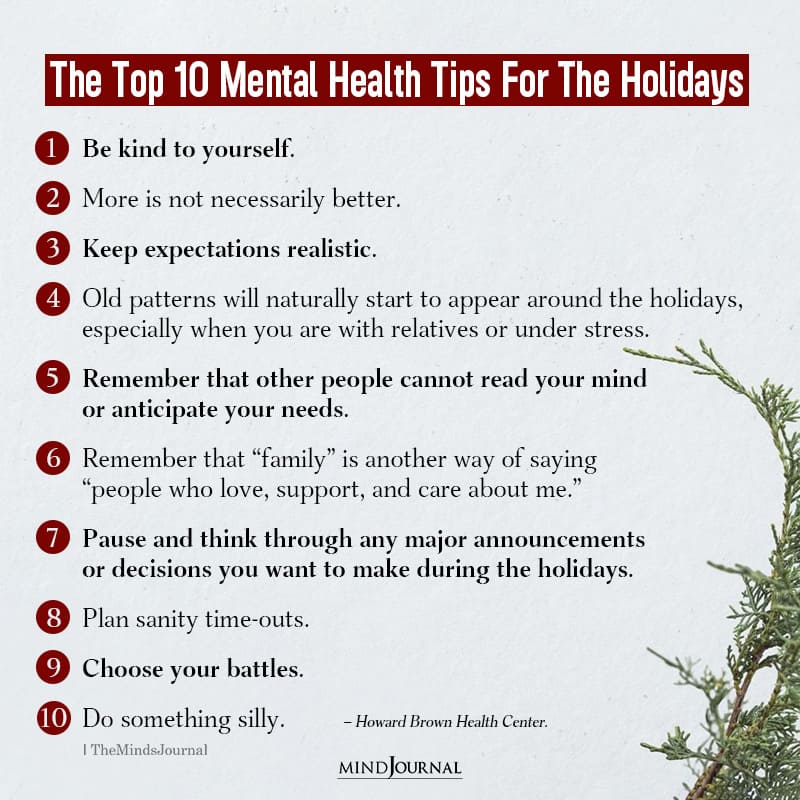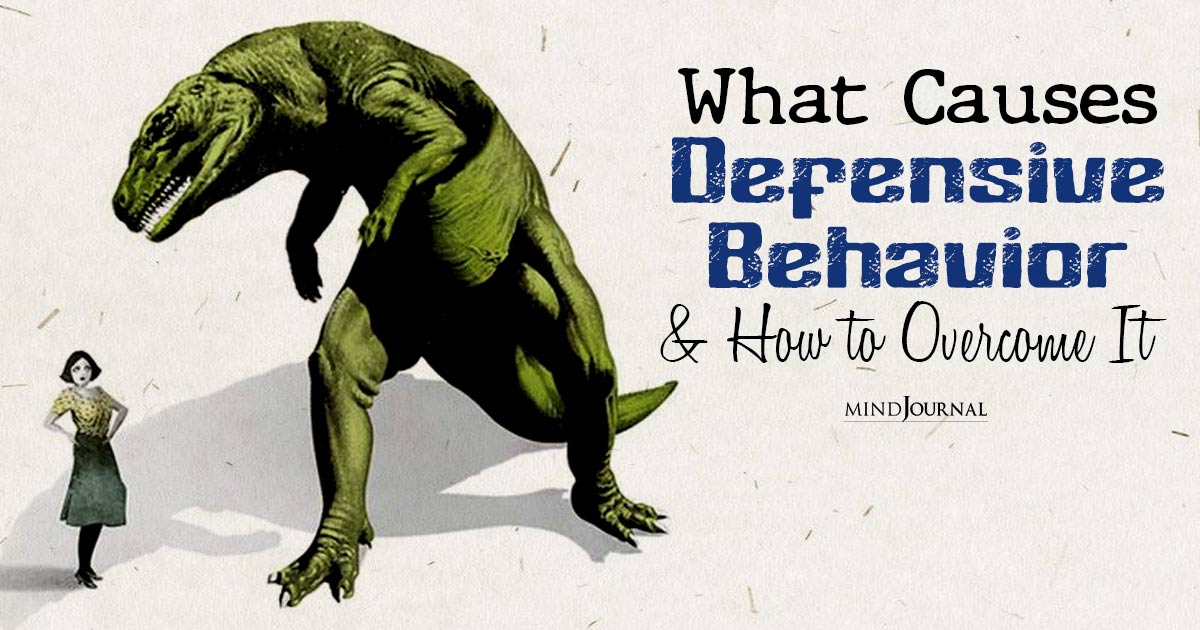Self care during holidays is one of the best things there is, if the holiday season stresses you out. Taking care of yourself during the holidays is vital for ensuring successful seasonal well being. This article is going to provide you with some useful tips for successful seasonal well being, so that you can spend the holidays in happiness and joy.
In my book Beyond Happiness: The 6 Secrets of Life Satisfaction, I impress the importance of striving for satisfaction instead of happiness. However, there are times of the year when the work we put into choosing satisfaction over the constant pursuit of happiness will be tested.
This is particularly true during the holiday season. It’s not uncommon for some people to feel a sense of dread as the holidays approach. The holidays signify a time when we typically engage with family and friends.
If there are fractures in these relationships, then the holidays can bring on feelings of isolation, anxiety, sadness, and/or despair. According to the American Psychological Association, 38% of people surveyed experience distress during the holidays.
People also feel an increase in worry over the holidays due to an increase in overall responsibilities or financial strain. Lending Tree reports that nearly 50% of individuals polled experience apprehension around the holidays due to fears about spending.
The word “happy” is used frequently around the holidays. This can leave people who don’t vibe with the sentiments depicted in endless Hallmark movies feeling further isolated, despairing, anxious, and sad.
It’s also a time when we are bombarded with the message that we can purchase or cook ourselves into happiness. I recently saw the words “happiness guaranteed” on a bag of microwave popcorn.
Related: How To Tackle Stress Around The Holidays: 6 Step Essential Guide to a Blissful Holiday Season
That was a new one. “Happiness guaranteed”? It’s important to be mindful of the inputs our brains are subliminally receiving to strive for an unattainable goal so we can balance these missives with more realistic messages such as achieving contentment and peace.
Curling up on the couch and watching a movie with a bag of popcorn sounds peaceful and satisfying. I can get behind that.
Here are some tips to help you get ready for the holidays while staying focused on your well being.
5 Tips For Successful Seasonal Well Being
1. Set boundaries.
Decide what you are willing to do and not do for the holidays. This is important when it comes to how much money you will be spending on gifts and can be a useful discussion to have among family members.
It may also be important to set boundaries around things as simple as how many trays of cookies you’re going to make, how many cards you’re going to send, or how many holiday parties you’re going to attend.
Practicing intentionality around making sure you stay true to your needs can help your overall well-being.

2. Do what you like.
Ask yourself what you like the most about the holidays and make sure you do it. If you like to see holiday lights, be the one to trim a tree, bake a pie, or hang holiday cards, schedule time to do so and make sure you follow through.
It’s important to focus on the parts of the holidays that you find special, so you don’t get caught up in gift-buying and lose sight of the parts of the holidays that are important to you.
3. Engage in self-care.
Make sure you pencil in self-care. Since the holidays can create emotional distress, loneliness, or feelings of being overwhelmed with responsibility, make sure to set aside time to take care of yourself.
Whether it’s 15 minutes a day to stop and read a book, go for a walk, sit by a fire, or exercise, take time to focus on decompressing your brain. Make sure you don’t get caught up in only focusing on everyone else’s needs.
Related: Feeling Alone In The Season of Togetherness? 5 Tips To Cope With Loneliness On Holidays
4. Practice mindfulness.
The holidays provide a feast for your senses. Use mindfulness techniques to pause and be in the moment. Take in the sights, smells, and sounds. There is no other time of year with such uniqueness for the senses.
With purpose, give yourself the opportunity to slow down enough to enjoy that—it can have an impact on your overall satisfaction and mental health.

5. Delegate.
There is so much to do over the holidays—presents to purchase and wrap, cards to send, food to prepare, decorations to set—and this can easily become overwhelming. When the responsibilities of the holidays outweigh the enjoyment, it’s easy to become resentful.
Be kind to yourself. Look around and don’t be shy about asking for and expecting help from others. They will appreciate you asking if it means you will enjoy the season more fully.
Using some or all these tips can help you actually mean the words “Happy” Thanksgiving, “Happy” Holidays, and “Happy” New Year. But more important than “happy,” my hope for you during this time of year is that you find contentment, satisfaction, and peace.
References:
Papandrea, D. (November 2021). LendingTree. “McLean’s Guide to Managing Mental Health around the Holidays.” (October 2023).
Written By Jennifer Guttman Psy.D. Originally Appeared On Psychology Today









Leave a Reply
You must be logged in to post a comment.